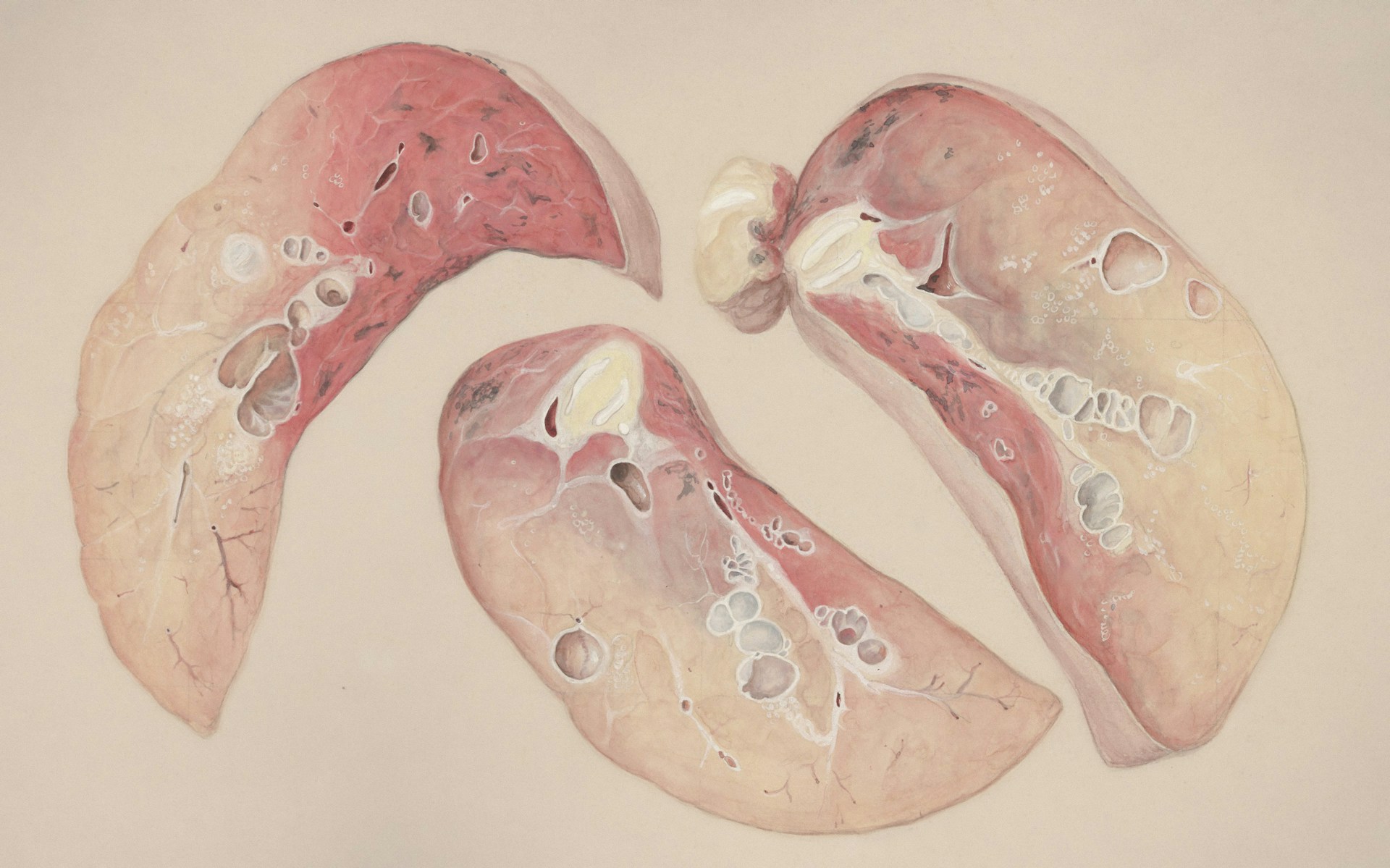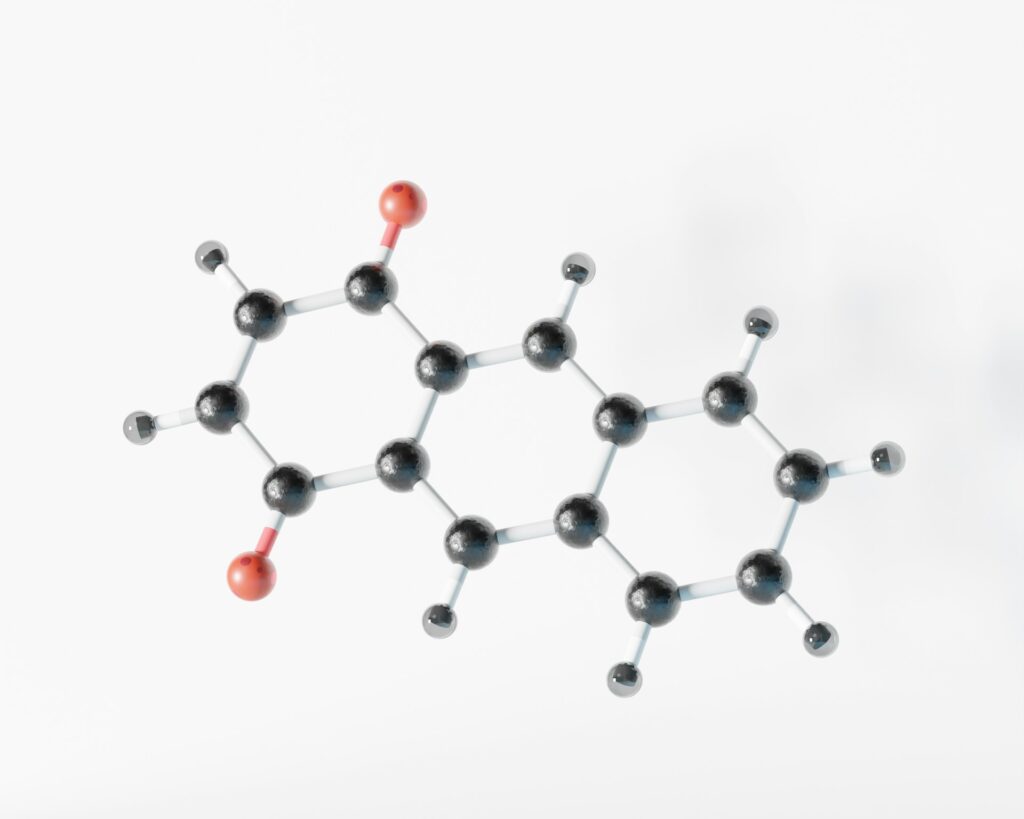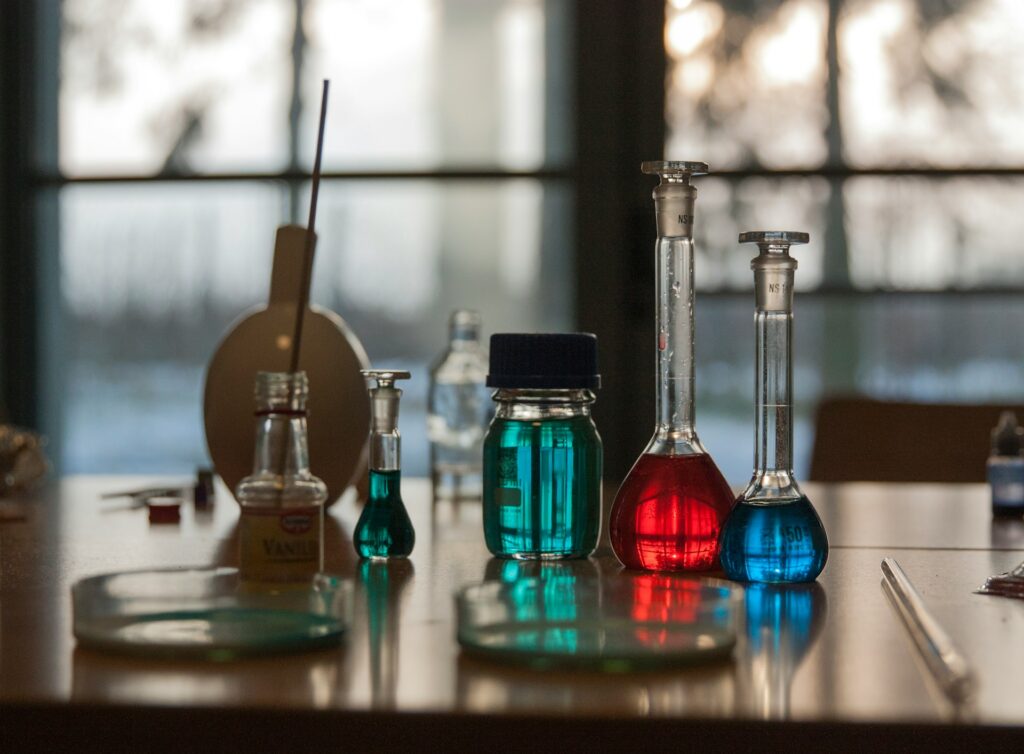Researchers at the University of Delaware have developed a synthetic pathway to produce a guava-derived molecule, (–)-psiguadial A, which has shown potential in combating liver-related cancers. This advancement could lead to more accessible and cost-effective treatments for one of the world’s leading causes of cancer deaths.
The research, led by Associate Professor William Chain and doctoral student Liam O’Grady, utilizes natural product total synthesis to create (–)-psiguadial A from readily available chemicals. This method allows for the scalable production of the molecule, which has demonstrated antiproliferative activity against liver cancer cells in preliminary studies. The findings were published in the journal Angewandte Chemie.
O’Grady, L. P., Achtenhagen, M., Wisthoff, M. F., Lewis, R. S., Pfeifer, K., Zheng, W., Martin, M. I., Yap, G. P. A., & Chain, W. J. (2025). Enantioselective Total Synthesis of (–)‐Psiguadial A. Angewandte Chemie, 137(30). https://doi.org/10.1002/ange.202506537
Associate Professor William Chain of the University of Delaware stated,
“The majority of clinically approved medicines are either made from a natural product or are based on one. But there aren’t enough natural resources to make enough treatments. Now chemists will be able to take our manuscripts and basically follow our ‘recipe’ and they can make it themselves.”
Liver cancer remains a significant global health challenge, with late-stage survival rates under 15% in the United States. Current treatments are often costly and limited in availability. The ability to synthesize (–)-psiguadial A efficiently could provide a new avenue for treatment, potentially reducing costs and improving accessibility.
Liam O’Grady, doctoral student in Chain’s lab stated,
“We are the first ones to pave that road, and other people can repave it any which way. Find the shortcuts if they have to. But since we entered into that unknown territory, I think we helped shed light on this unknown pathway that can get us there. And I think that’s the cool part”.
The research team is collaborating with the National Cancer Institute to further investigate the efficacy of (–)-psiguadial A in treating various cancer types. The success of this synthetic pathway underscores the potential of natural products as a source for novel therapeutic agents and highlights the importance of accessible synthesis methods in advancing medical treatments.

Adrian graduated with a Masters Degree (1st Class Honours) in Chemical Engineering from Chester University along with Harris. His master’s research aimed to develop a standardadised clean water oxygenation transfer procedure to test bubble diffusers that are currently used in the wastewater industry commercial market. He has also undergone placments in both US and China primarely focused within the R&D department and is an associate member of the Institute of Chemical Engineers (IChemE).



